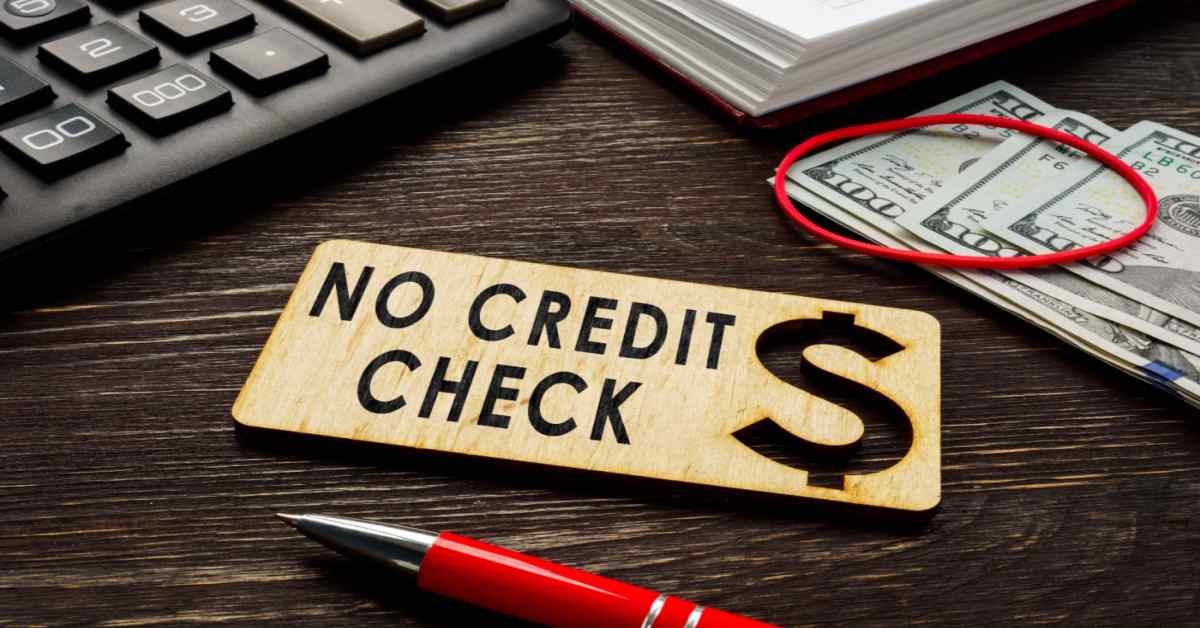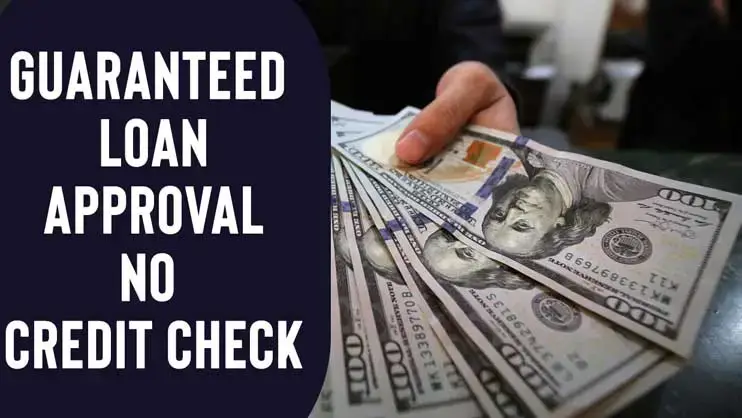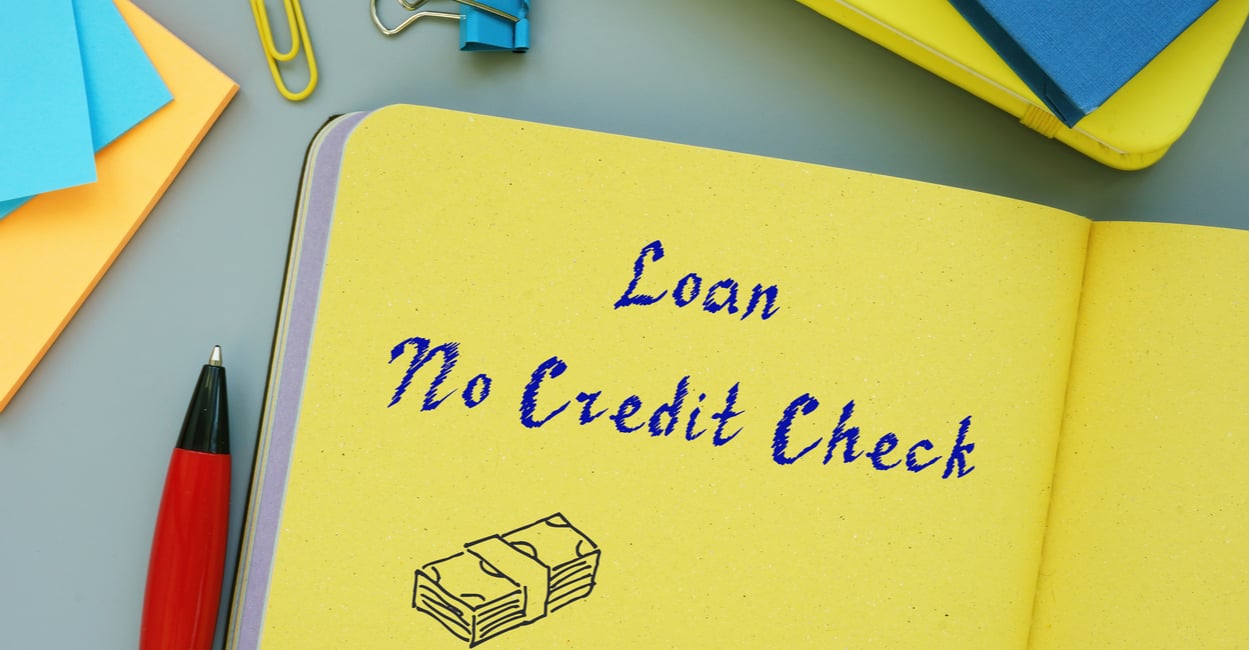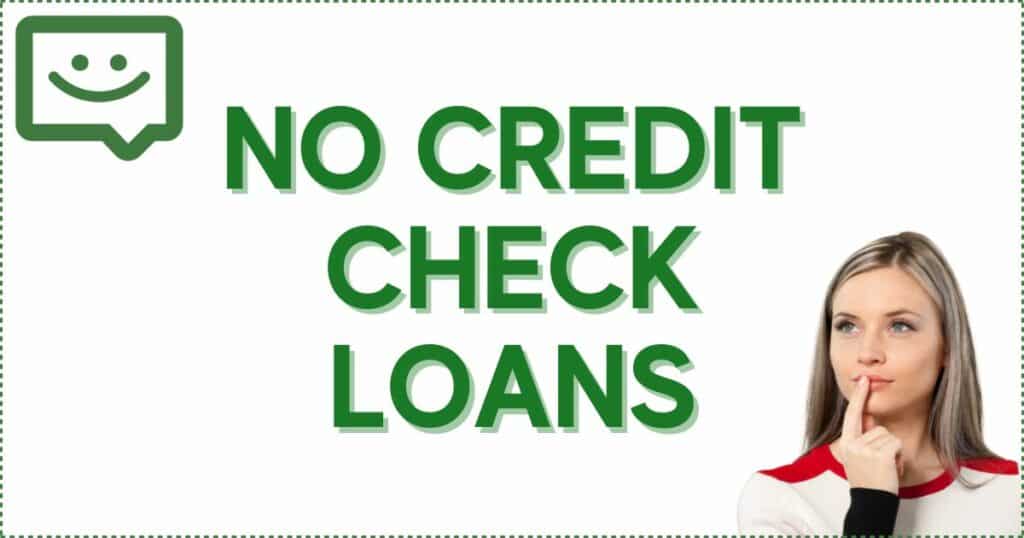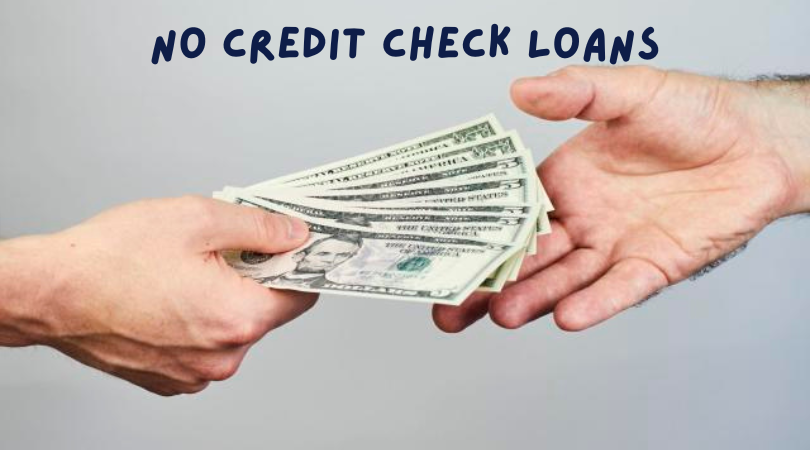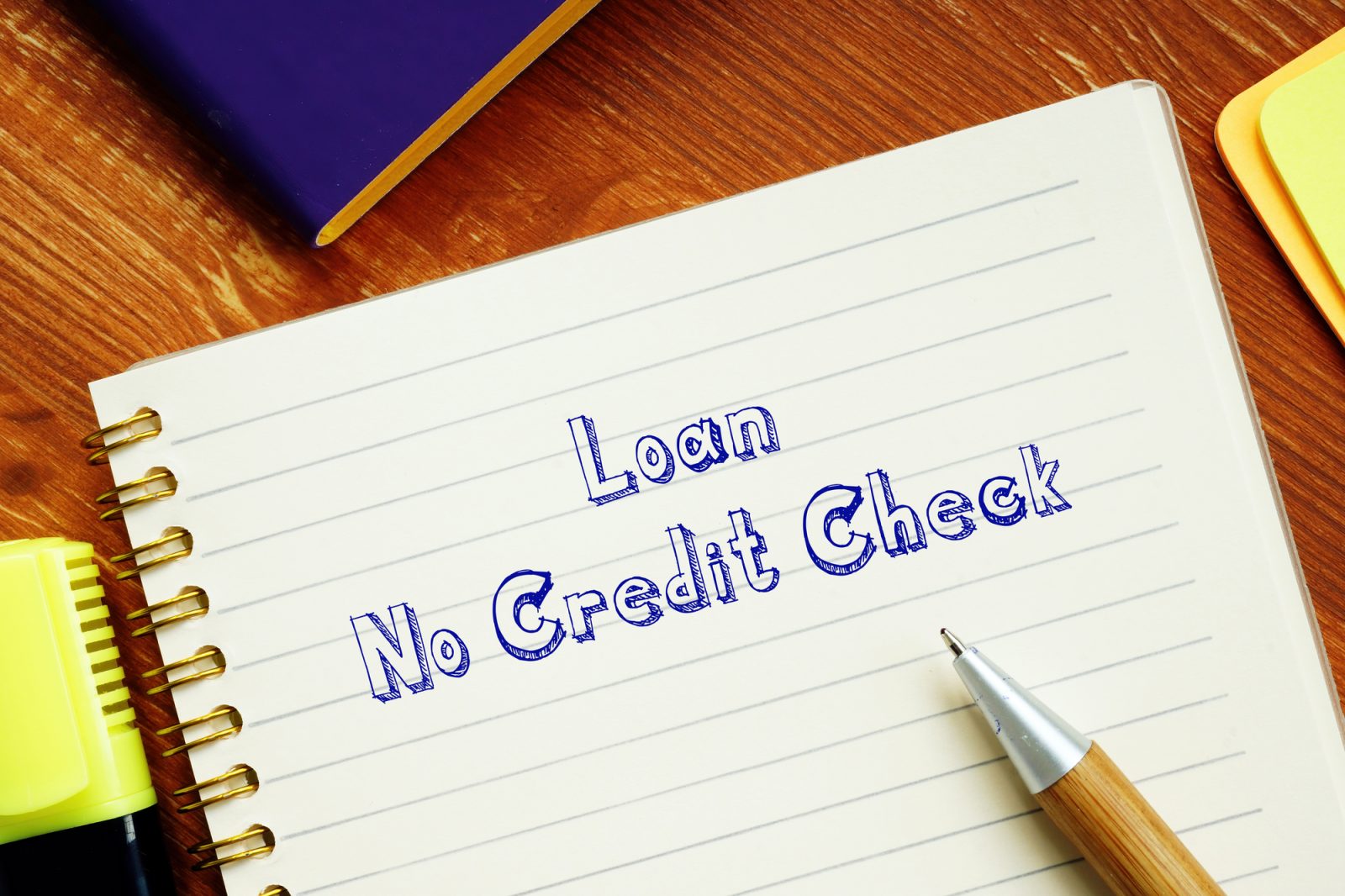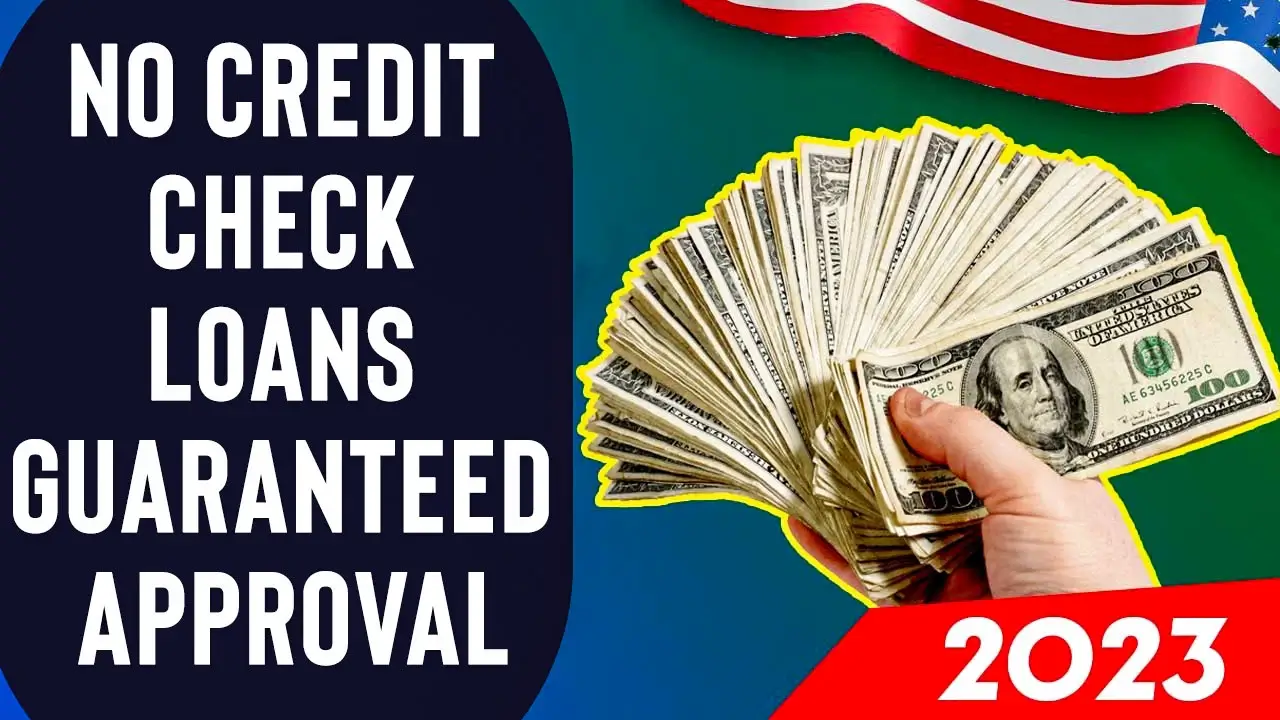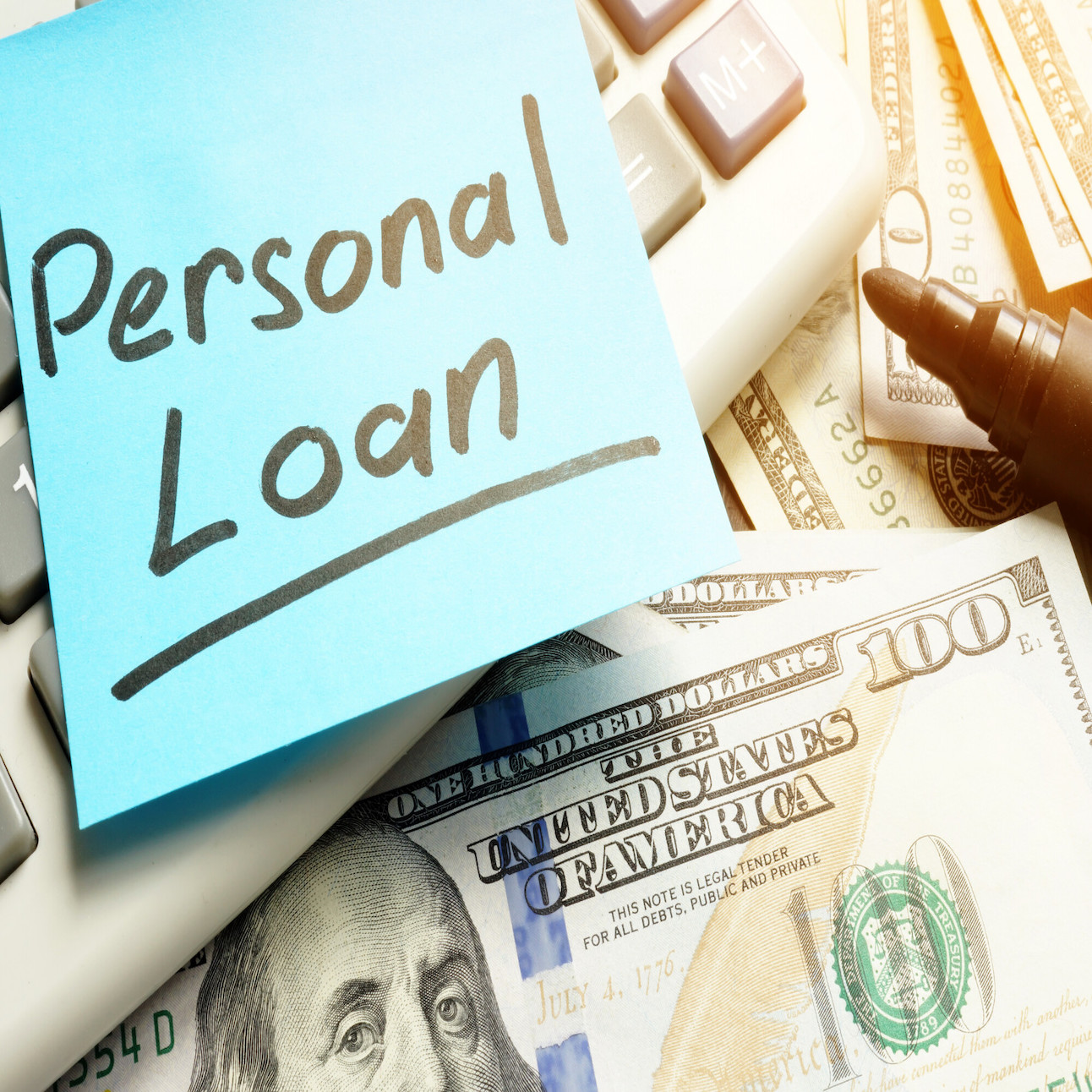$1 000 Loan No Credit Check

The allure of quick cash, especially for those with less-than-stellar credit, is a powerful draw. A growing number of lenders are advertising $1,000 loans with no credit check, promising immediate financial relief. But is this a lifeline or a financial trap?
These loans, often marketed online and through storefront lenders, cater to individuals who may not qualify for traditional loans. While seemingly accessible, they come with a unique set of risks and considerations that consumers should carefully weigh before committing.
The Appeal of No Credit Check Loans
The primary advantage of a "no credit check" loan is its accessibility. Individuals with poor credit history or limited credit scores, who are routinely denied by banks and credit unions, often find these loans an attractive option.
The application process is generally faster and simpler than traditional loan applications. Many lenders offer online applications with near-instant approval decisions, providing a rapid solution to immediate financial needs.
Understanding the Fine Print
The ease of access and speed come at a cost. The most significant drawback of these loans is their high interest rates.
According to a report by the Consumer Financial Protection Bureau (CFPB), no credit check loans, often categorized as payday loans or title loans, frequently carry annual percentage rates (APRs) of 300% or higher.
These exorbitant interest rates can quickly transform a relatively small loan into a significant debt burden. Borrowers who struggle to repay on time may find themselves trapped in a cycle of debt, rolling over the loan and accruing even more interest and fees.
Furthermore, the loan terms are typically short, often requiring repayment within a few weeks or a month. This short repayment window can be difficult for borrowers already facing financial challenges, increasing the risk of default.
Who is Offering These Loans?
A variety of lenders offer $1,000 no credit check loans. These range from online payday lenders to storefront title loan companies and installment loan providers.
It is crucial to distinguish between licensed and unlicensed lenders. Unlicensed lenders may operate outside the bounds of consumer protection laws and regulations, potentially exposing borrowers to predatory lending practices.
The Better Business Bureau (BBB) and state regulatory agencies can provide information on licensed lenders in a specific area. Checking a lender's reputation and verifying their license is a critical step in ensuring a safe borrowing experience.
The Potential Impact on Consumers
The availability of $1,000 no credit check loans can have a significant impact on consumers, both positive and negative. For some, these loans may provide a short-term solution to a financial emergency, such as a car repair or medical bill.
However, the high cost of borrowing can lead to long-term financial hardship for many borrowers. The cycle of debt associated with these loans can negatively impact credit scores, making it more difficult to obtain affordable credit in the future.
Financial experts caution against relying on no credit check loans as a long-term financial strategy. Instead, they recommend exploring alternative options, such as negotiating payment plans with creditors, seeking assistance from local charities, or considering a debt consolidation loan from a reputable lender.
"Before taking out a no credit check loan, carefully assess your ability to repay the loan on time and consider the potential consequences of default," advises Sarah Jones, a financial advisor at Consumer Credit Counseling Services.
Regulatory Scrutiny
The no credit check loan industry has attracted increasing regulatory scrutiny in recent years. Regulators are concerned about the potential for predatory lending practices and the impact of high-cost loans on vulnerable consumers.
The CFPB has taken action against several lenders for violating consumer protection laws, including misrepresenting loan terms and charging excessive fees. Some states have also enacted laws to cap interest rates and regulate the payday loan industry.
Despite these efforts, the demand for no credit check loans remains high, driven by the ongoing need for quick access to cash among individuals with limited credit options. This highlights the need for continued consumer education and regulatory oversight.
Alternatives to No Credit Check Loans
Before resorting to a no credit check loan, consider exploring alternative options. Credit unions often offer small-dollar loans with more favorable terms than payday lenders.
Secured loans, such as those backed by a vehicle title, may also offer lower interest rates, although they come with the risk of losing the collateral. Another option is to explore borrowing from friends or family.
Finally, consider exploring options for increasing income, such as taking on a temporary job or selling unwanted items. Addressing the underlying financial issues that lead to the need for a loan is the best long-term solution.
In conclusion, while $1,000 no credit check loans may seem like a quick fix, they carry significant risks. Borrowers should carefully weigh the costs and benefits before committing, and explore alternative options whenever possible. Responsible borrowing is key to maintaining financial stability.
